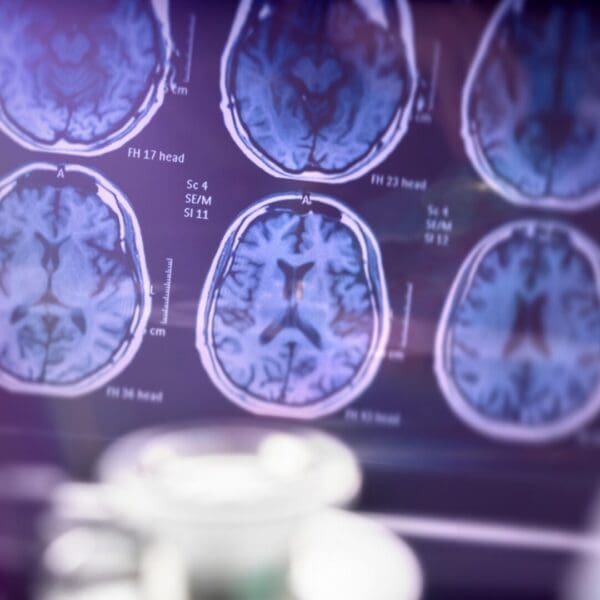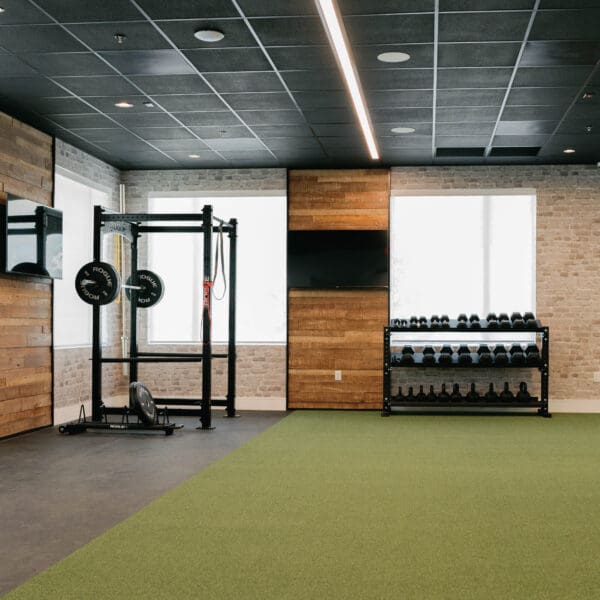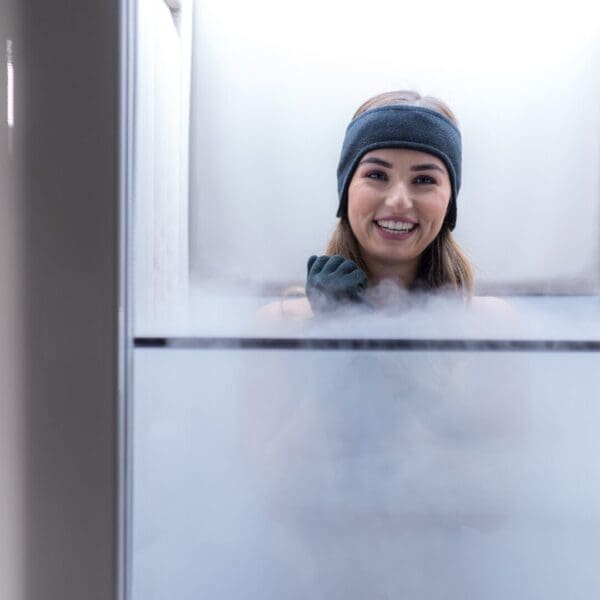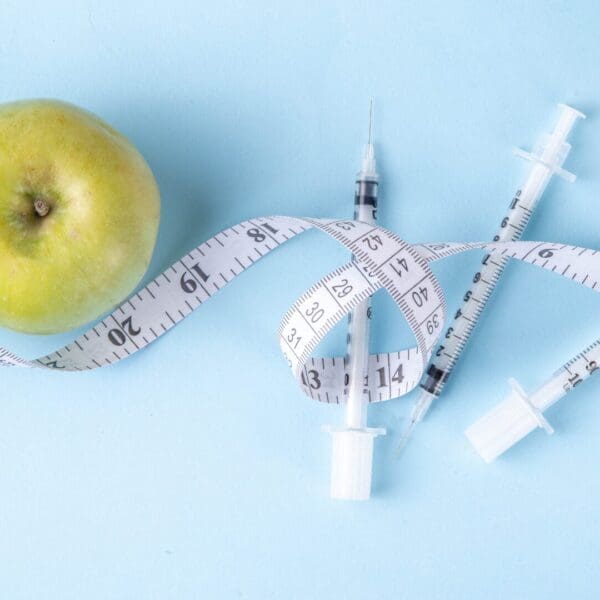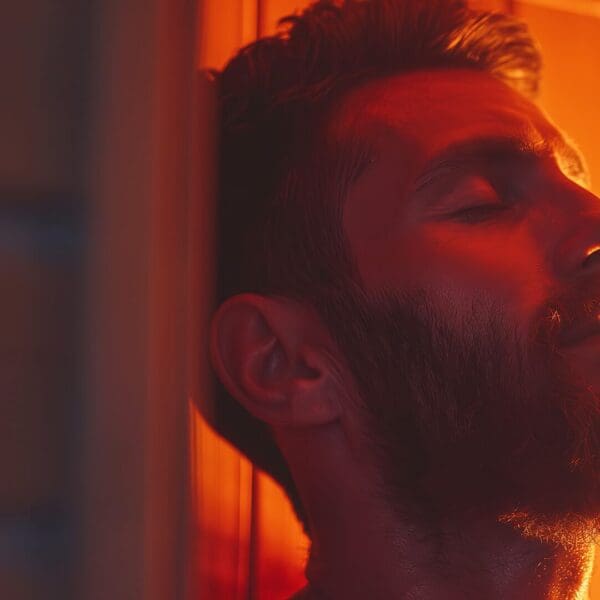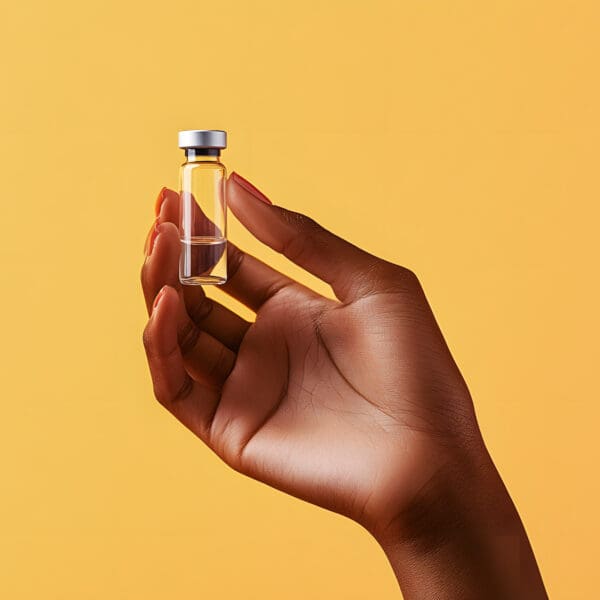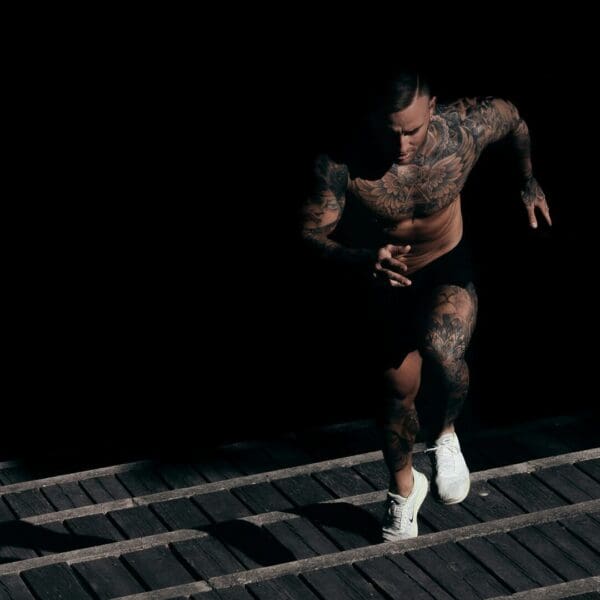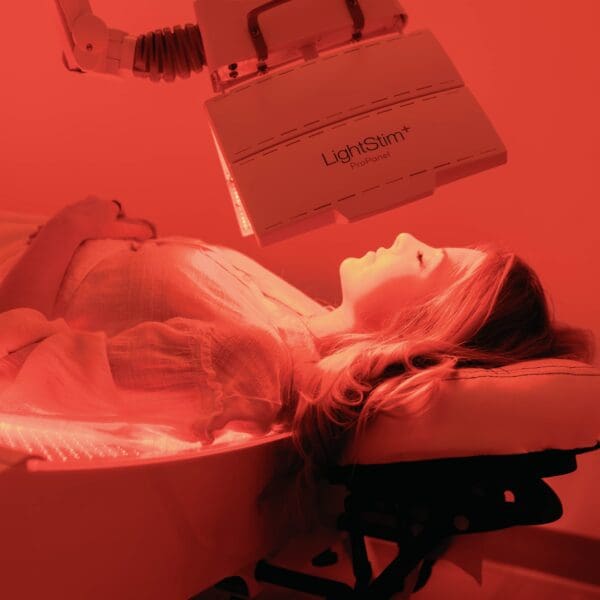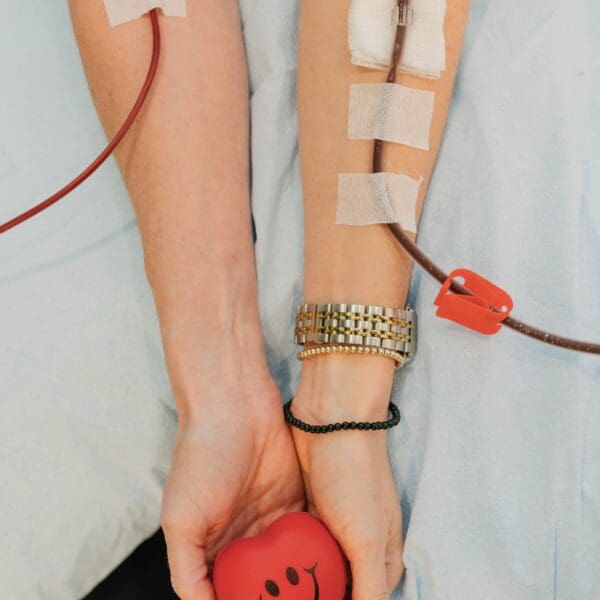Did you know that after an intense workout, your body can actually appear younger at the cellular level, at least for a short period of time?
A recent study conducted on soccer players found that after a strenuous match, their biological “age” briefly dropped. This was measured using a simple saliva test that analyzes chemical marks on DNA, called methylation. Right after the game, players’ scores suggested they were biologically younger. After some rest, those scores bounced back to normal. In other words: the body showed a quick, reversible “youth signal” that reflected both effort and recovery, not permanent changes in aging.
What’s Happening in the Body?
These shifts align with what we know about how the immune system responds to exercise:
- Inflammation marker (CRP) dips slightly.
- IL-6, a signaling molecule, temporarily rises.
- Helper T cells (immune coordinators) drop.
- Granulocytes (fast-acting “first responders”) increase.
These changes demonstrate that the body isn’t shutting down immunity, it’s gearing up for repair and recovery.
Interestingly, midfielders who run the most and cover the most ground showed the most significant “youth dips.” Non-playing staff didn’t experience these changes, pointing clearly to physical exertion as the trigger.
A Clue to Injury Risk
One fascinating part of the research came during midseason. Players who later developed muscle or joint injuries had different recovery patterns:
- Higher muscle damage markers (CK).
- A biological age score that rose instead of dropped.
- Signs of lingering inflammation.
This suggests that monitoring saliva-based “fitness age,” alongside simple markers like CK, training load, and sleep, might help flag when recovery is incomplete and injury risk is increased. More studies are needed, but it’s an exciting possibility.
What This Means for the Rest of Us
You don’t need fancy DNA tests to put this into practice. The main takeaway:
- Hard effort is healthy stress and it signals the body to repair and rebuild.
- Recovery is where the magic happens, allowing your scores and your body to bounce back.
- If soreness, fatigue, or inflammation linger, it’s a sign to back off, sleep more, and fuel your body before pushing hard again.
For regular exercisers, alternating strenuous sessions with easier ones, in addition to paying attention to sleep, soreness, and stress, can keep training consistent and reduce the risk of setbacks.
In simple terms: push hard, rest well, repeat. That balance is what keeps the body resilient, youthful, and ready for more.
As I’ve always said: exercise is the best medicine.
– Dr. P
Read the full study here.

